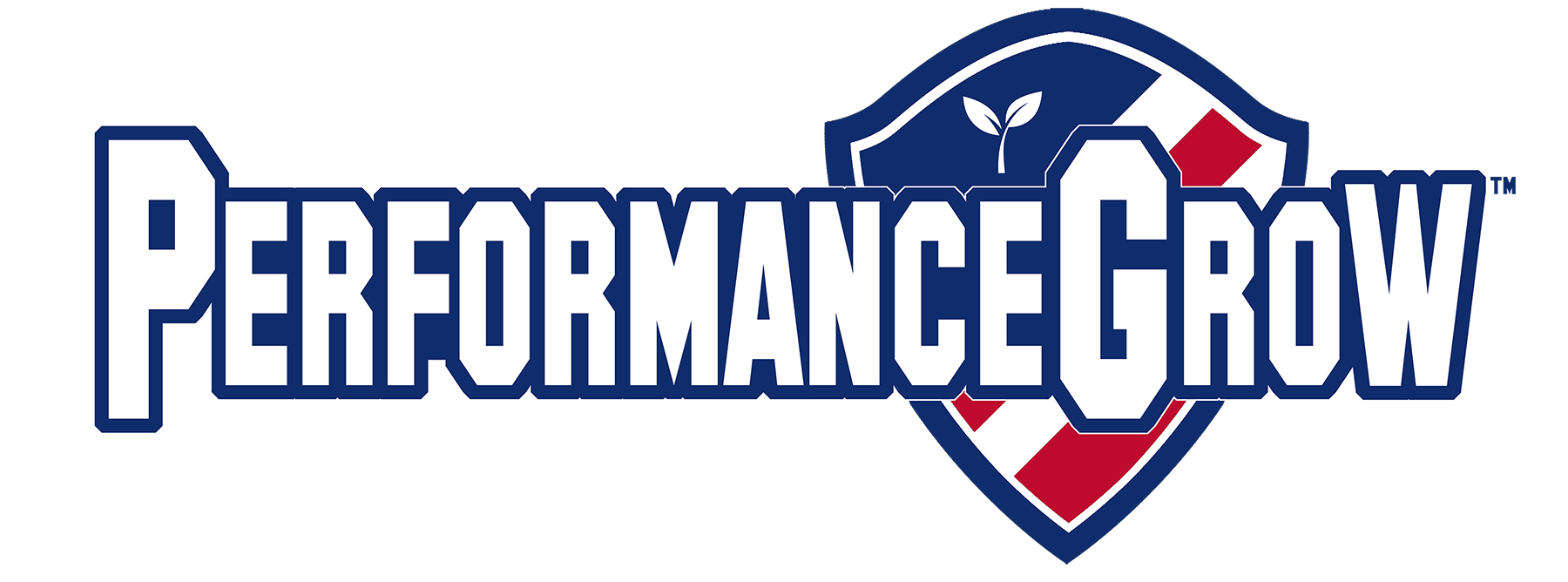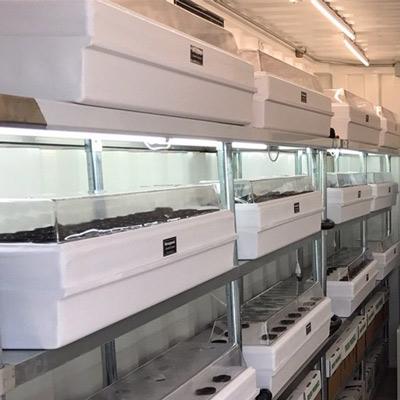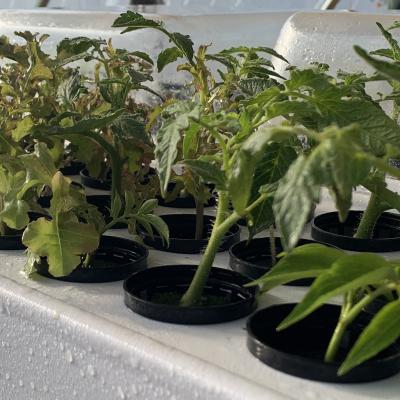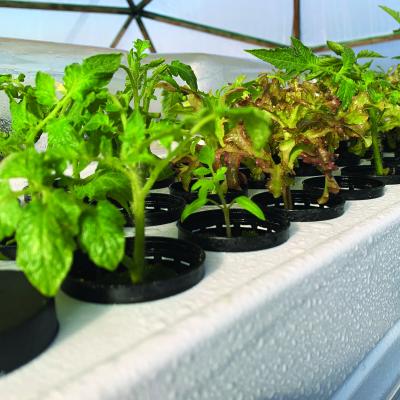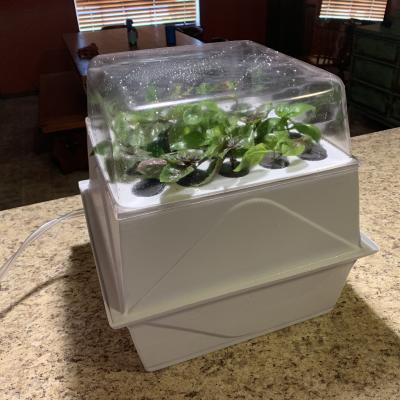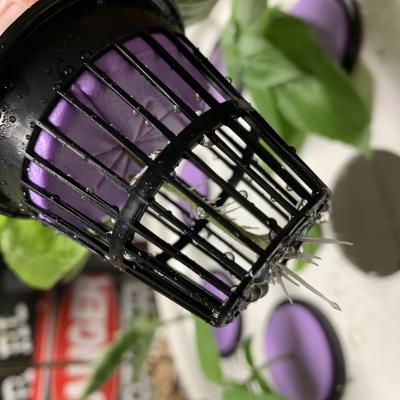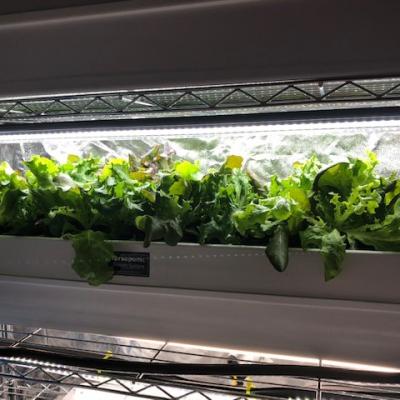Hydroponics, the innovative practice of growing plants without soil, is rapidly gaining popularity among urban professionals. This soilless gardening technique offers a range of advantages, from faster growth to a reduced environmental footprint. In this article, we'll break down the science behind hydroponics for those new to the concept, explain the benefits for busy urban professionals, and encourage readers to explore the DIY aspect of hydroponic systems.
Demystifying Hydroponics: The Basics
Hydroponics, derived from the Greek words "hydro" (water) and "ponos" (labor), is a method of cultivating plants in nutrient-rich water, sand, gravel, or other inert mediums. This technique bypasses the need for traditional soil and takes advantage of the following scientific principles:
-
Nutrient Solution: In hydroponics, a carefully balanced nutrient solution is used to provide plants with all the essential minerals they need for growth. This solution is delivered directly to the plant's roots, ensuring optimal nutrient uptake.
-
Root Oxygenation: Unlike soil, which can become compacted and restrict oxygen flow to roots, hydroponic systems offer enhanced oxygenation. Well-oxygenated roots lead to faster and more robust growth.
-
pH Control: The pH of the nutrient solution is precisely controlled to create the ideal growing environment for the specific plants being cultivated. This ensures that the plants can access nutrients efficiently.
-
Hydroponic Systems: Various hydroponic systems exist, each employing unique methods to deliver the nutrient solution to the plants. Common systems include Deep Water Culture, Drip Systems, and Nutrient Film Technique.
Advantages of Hydroponics for Urban Professionals
For urban professionals with demanding schedules and limited space, hydroponics offers a range of compelling benefits:
-
Space-Efficient: Hydroponic systems can be set up in small spaces, making them perfect for urban environments. They allow you to grow fresh produce right in your apartment or on your balcony.
-
Faster Growth: Hydroponically grown plants often mature faster than their soil-grown counterparts. This means you can enjoy the fruits of your labor in a shorter timeframe.
-
Reduced Water Usage: Hydroponic systems typically use less water than traditional gardening, making them environmentally friendly and cost-effective.
-
Year-Round Gardening: Hydroponic gardens are not subject to seasonal limitations. You can cultivate your favorite herbs, vegetables, or fruits throughout the year.
-
Control Over Nutrients: Urban professionals can tailor the nutrient solutions to their specific plant varieties, ensuring optimal growth and nutritional quality.
Embrace the DIY Aspect of Hydroponics
One of the most exciting aspects of hydroponics is the opportunity for DIY experimentation. Here's how you can embrace this aspect:
-
Start Small: Begin with a simple hydroponic kit or create a basic system using readily available materials. Learn the basics and expand as you gain confidence.
-
Education: Dive into the science of hydroponics, learning about nutrient solutions, pH levels, and different hydroponic systems. There are plenty of online resources and communities to support your journey.
-
Customization: As you become more comfortable, consider customizing your hydroponic system to meet your specific needs and space constraints.
In conclusion, hydroponics is not just a growing technique; it's a scientific endeavor that has immense benefits for urban professionals. By understanding the science behind hydroponics, appreciating its advantages, and embracing the DIY aspect, you can embark on a journey that not only yields fresh, healthy produce but also enriches your understanding of plant cultivation and sustainable living.
